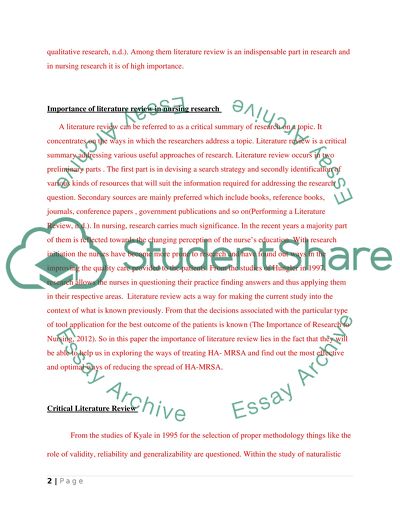Cite this document
(“Prevent hospital-acquired Methicillin-Resistant Staphylococcus Aureus Dissertation”, n.d.)
Retrieved from https://studentshare.org/nursing/1401722-prevent-hospital-acquired-methicillin-resistant
Retrieved from https://studentshare.org/nursing/1401722-prevent-hospital-acquired-methicillin-resistant
(Prevent Hospital-Acquired Methicillin-Resistant Staphylococcus Aureus Dissertation)
https://studentshare.org/nursing/1401722-prevent-hospital-acquired-methicillin-resistant.
https://studentshare.org/nursing/1401722-prevent-hospital-acquired-methicillin-resistant.
“Prevent Hospital-Acquired Methicillin-Resistant Staphylococcus Aureus Dissertation”, n.d. https://studentshare.org/nursing/1401722-prevent-hospital-acquired-methicillin-resistant.


